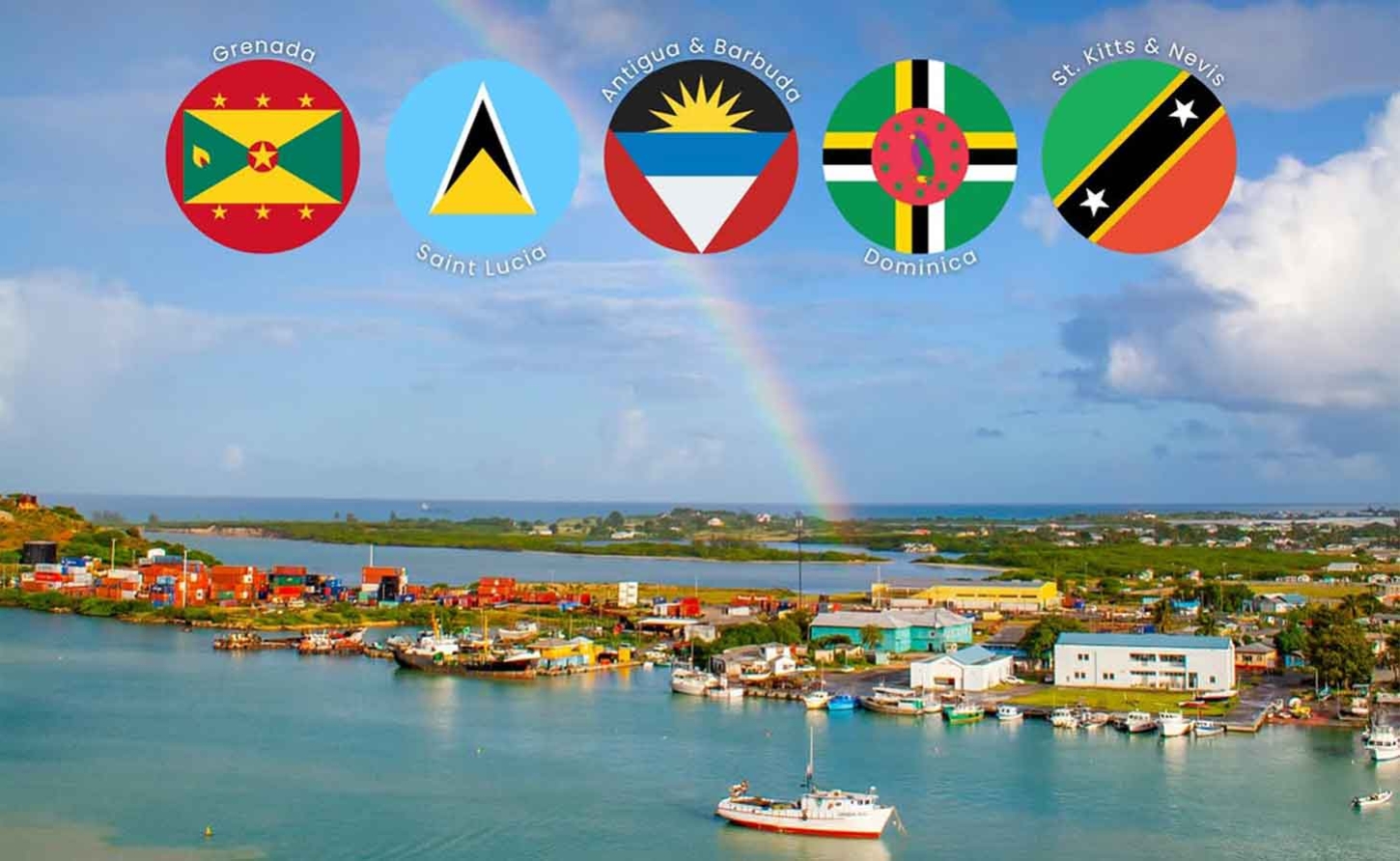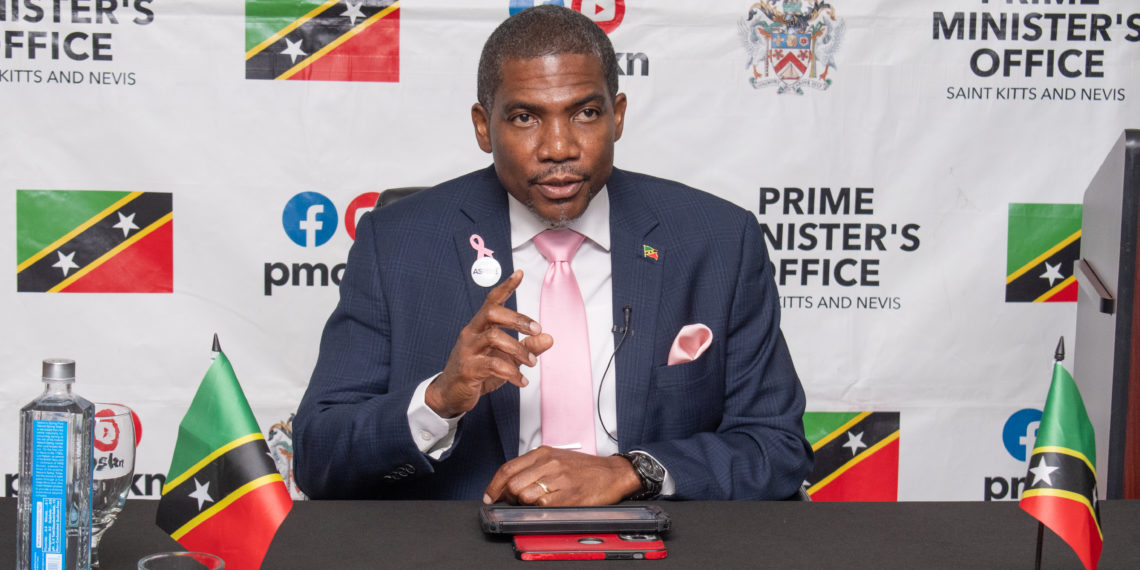CARIBBEAN | Eastern Caribbean Unites Behind Historic CBI Regulatory Framework

Five-nation alliance creates region's first shared regulator for citizenship programs, asserting sovereignty while addressing global compliance concerns
MONTEGO BAY, Jamaica, October 10, 2025 - In a landmark demonstration of regional cooperation, five Eastern Caribbean nations are finalizing legislation to establish the world's first shared regulatory authority for Citizenship by Investment (CBI) programmes, with full implementation scheduled for October 2025.
The initiative, spanning Antigua and Barbuda, Dominica, Grenada, St. Kitts and Nevis, and St. Lucia, represents what officials describe as a decisive assertion of Caribbean sovereignty over one of the region's most economically vital—and internationally scrutinized—industries.
Speaking at an October 7 media roundtable, St. Kitts and Nevis Prime Minister Dr. Terrance Drew dispelled persistent misconceptions about the framework's origins.

While Caribbean governments consulted with international partners including the United States and United Kingdom—whose feedback on draft legislation was received in July 2025—Drew and other regional leaders have been adamant that the framework emerged from the Eastern Caribbean's own collective determination to modernize and protect these programmes.
The distinction matters: it positions the region as proactive architects of their economic future rather than reactive subjects of external pressure.
A Model Built on Regional Success
The regulatory framework draws its structural inspiration from the Eastern Caribbean Central Bank (ECCB), the longstanding symbol of monetary cooperation among Organisation of Eastern Caribbean States (OECS) members.
By establishing a shared regulatory authority with binding powers across all five participating territories, the framework creates unprecedented harmonization in an industry that has historically operated through parallel but independent national programmes.
The architecture is comprehensive. At its core, the new regulator will issue binding standards to all Citizenship by Investment Units (CIUs) and licensed agents, backed by robust enforcement mechanisms that include annual public compliance reporting. This transparency represents a significant departure from previous arrangements where oversight varied considerably across jurisdictions.
Among the framework's most significant provisions is the mandatory collection of biometrics for all new applicants during the interview phase, enhancing security protocols and strengthening the vetting process.
Equally notable is the introduction of a residency requirement for approved applicants—a provision designed to create genuine bonds between new citizens and their adopted countries while generating direct tourism revenue and other economic opportunities.
The framework also includes substantial financial support for CARICOM's Implementation Agency for Crime and Security (IMPACS) and its Joint Regional Communications Centre (JRCC), which plays a central role in vetting all CBI applicants through a centralized portal. Under current protocols, no applicant receives approval without JRCC clearance—a safeguard the new framework strengthens further.
Economic Lifeline in Perilous Times
To understand the urgency behind this regulatory initiative, one must grasp the economic reality facing these small island developing states.
CBI revenues have proven invaluable for funding major infrastructure projects and building resilience against existential threats—from the climate emergency to recent external shocks including the COVID-19 pandemic and economic fallout from the war in Ukraine.
Officials have made clear that dismantling these programmes would severely compromise national prosperity and trigger cascading social consequences. The programmes aren't merely revenue sources; they're survival mechanisms for vulnerable economies with limited fiscal space and mounting development needs.
Yet this economic dependence has made the region vulnerable to international pressure. The European Union has periodically threatened sanctions, while the United States has expressed concerns about security and money laundering risks.
The regulatory framework represents the Caribbean's answer: demonstrating that economic necessity need not come at the expense of international compliance standards.
Sovereignty Through Self-Regulation
The deeper implication of this initiative extends beyond the technicalities of CBI regulation. By creating a robust, transparent, and enforceable regional framework before external actors could impose one, these five nations have asserted their right to chart their own economic course while meeting global standards for financial integrity.
The work has been coordinated by an Interim Regulatory Commission featuring representatives from all five CBI countries, the OECS Commission, CARICOM IMPACS/JRCC, and the ECCB, with legal drafting consultant Lydia Elliott.
This inclusive approach, overseen directly by the five heads of government, ensures buy-in across the political and institutional spectrum.
As legislation moves through national parliaments ahead of the October deadline, the framework sends a clear message to the international community: the Eastern Caribbean is capable of sophisticated self-regulation that protects both its economic interests and global financial security.
Whether this preemptive action satisfies critics or merely buys time remains to be seen, but the region has unmistakably claimed ownership of its economic destiny.
-30-
